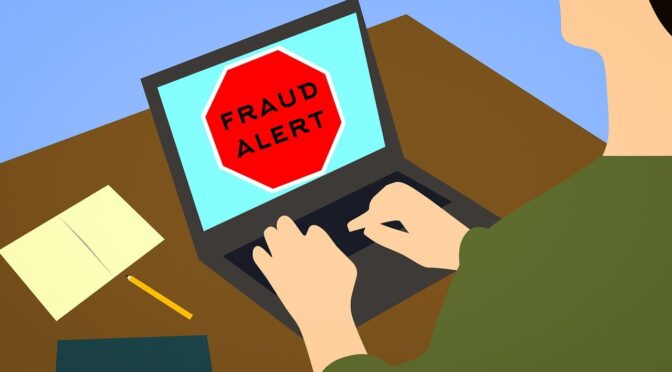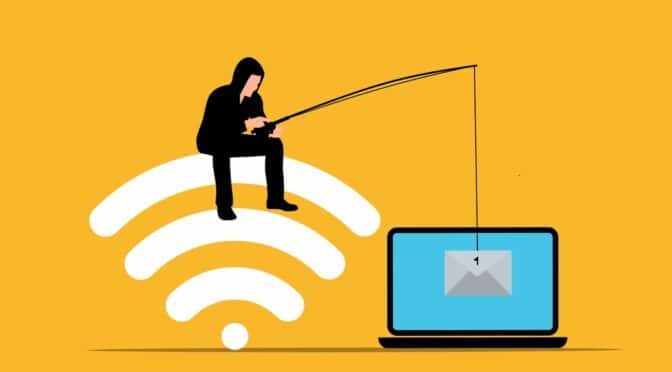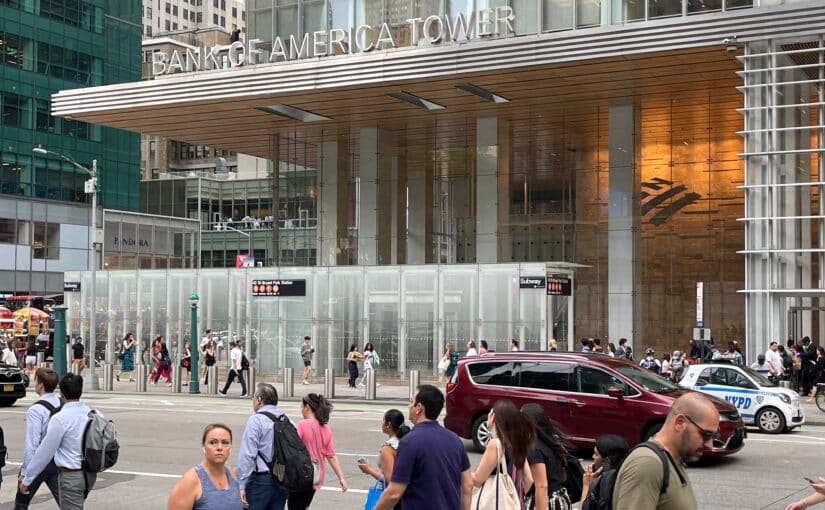The robocalls continue regardless of the Do Not Call registry. Maybe solutions designed by winners of the Federal Trade Commission’s Robocall Challenge competition will make a difference.
Serdar Danis and Aaron Foss split a $50,000 prize for coming up with separate ways to filter out the illegal prerecorded calls.
There was also a prize with no money attached for a company solution. Daniel Klein and Dean Jackson from Google won for what they called Crowd-Sourced Call Identification and Suppression.
“The solutions that our winners came up with have the potential to turn the tide on illegal robocalls, and they show the wisdom of tapping into the genius and technical expertise of the public,” said Charles Harwood, Acting Director, FTC’s Bureau of Consumer Protection. “We’re hoping these winning proposals find their way to the marketplace soon, and will provide relief to millions of American consumers harassed by these calls.”
Danis designed something called Robocall Filtering System and Device with Autonomous Blacklisting,Whitelisting, GrayListing and Caller ID Spoof Detection. It would analyze and block robocalls using software that could be implemented as a mobile app, an electronic device in a user’s home, or a feature of a provider’s telephone service.
Foss’s proposal, Nomorobo, is a cloud-based solution that would use “simultaneous ringing,” to allow incoming calls to be routed to a second telephone line. The second line would identify and hang up on illegal robocalls before they could ring through to the user. The proposal from Klein and Jackson of Google uses automated algorithms that identify “spam” callers.


